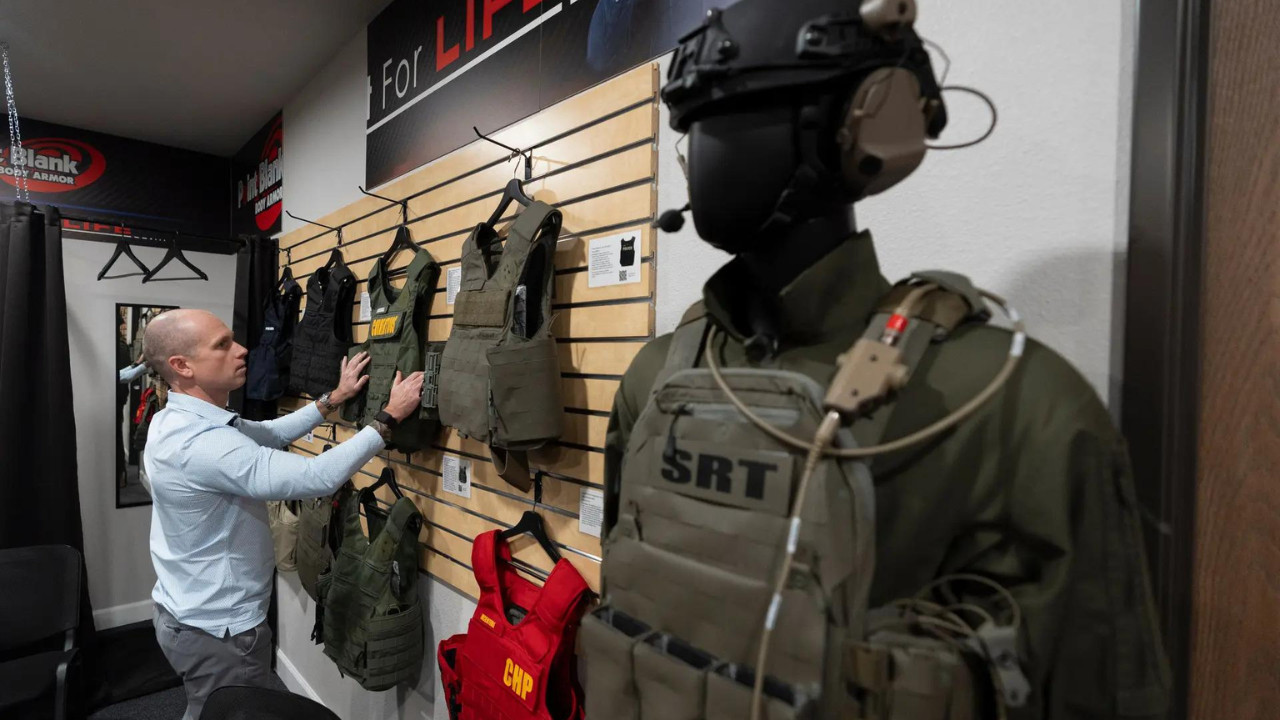US small businesses are grappling with a severe cash crunch due to the prolonged government shutdown, now in its seventh week. Owners are cutting costs, delaying payments, and considering layoffs as federal contracts and funding halt. This uncertainty is disrupting operations, with some facing project cancellations and significant financial strain, impacting their ability to recover even after the government reopens.
When the Government Grinds to a Halt: The Ripple Effect on Main Street
The dust has finally settled (for now, at least), but the shadow of a potential government shutdown loomed large, and its impact on small businesses across the United States was palpable. Beyond the headlines and political maneuvering, real people were bracing for very real consequences. Forget abstract economic models; we’re talking about the lifeblood of communities, the shops and services that give neighborhoods their character and families their livelihoods.
The averted crisis laid bare a vulnerability: countless small businesses are intricately linked to the federal government, not just as taxpayers, but as active participants in the economy. When contracts get put on ice, the impact spreads like wildfire. Think of the ripple effect: A small IT firm relying on a government contract to upgrade a department’s cybersecurity suddenly faces a cash crunch. They postpone equipment purchases, putting a local supplier in a bind. They delay hiring that bright new graduate, leaving them searching for work. And so on.
The anxiety wasn’t just about future possibilities; it was about the immediate, tangible threat to existing operations. Owners were scrambling to assess their exposure, weighing difficult choices. Do they dip into personal savings? Can they negotiate payment extensions with suppliers? The most painful question of all: Will they have to consider layoffs? The weight of that decision, the knowledge that their actions will directly impact their employees and their families, is a burden no business owner takes lightly.
Many smaller companies simply lack the financial cushion to weather prolonged uncertainty. They operate on tighter margins, with less access to credit than their larger counterparts. A temporary disruption in cash flow can quickly spiral into a crisis, forcing them to make tough choices that can jeopardize their long-term viability. This isn’t just about profits and losses; it’s about the dreams and sacrifices poured into building a business, the local jobs it sustains, and the services it provides.

One thing that became strikingly clear is just how many small businesses depend, directly or indirectly, on government spending. This reliance spans a wide range of industries, from construction and engineering to consulting and technology. Even seemingly unrelated sectors can feel the pinch. Think about a restaurant near a federal building; their lunch crowd dwindles when employees are furloughed.
The near-miss shutdown served as a stark reminder that the health of the American economy is inextricably linked to the stability of its government. While Congress managed to pull back from the brink this time, the experience has left many small business owners feeling shaken and uncertain. The political gamesmanship creates a climate of instability that makes it difficult for them to plan for the future, invest in growth, and create jobs.
Small Business Strategies for Navigating Uncertainty
So, what can a small business owner do to mitigate the risks associated with government-related economic fluctuations? Here are a few proactive steps:
* Diversify Your Client Base: Relying too heavily on a single client, especially a government agency, can leave you vulnerable. Actively seek out new customers and explore different markets to spread your risk.
* Build a Financial Cushion: Maintaining a healthy cash reserve can provide a buffer during periods of uncertainty. Consider setting aside a portion of your profits each month to build an emergency fund. For related content, check out our blog post on [creating a sustainable financial plan for your business](link-to-internal-finance-article.com).
* Strengthen Your Network: Building strong relationships with other businesses and industry professionals can provide valuable support and insights during challenging times.
* Stay Informed: Keep a close eye on political and economic developments that could impact your business. Understanding the potential risks and opportunities will allow you to make more informed decisions.
The recent near-shutdown was a wake-up call. The resilience of small businesses is a cornerstone of our economy, and it’s crucial that policymakers understand the real-world consequences of their actions. Creating a stable and predictable economic environment is essential for allowing these businesses to thrive, innovate, and continue to contribute to the prosperity of our communities. By taking proactive steps and staying informed, small business owners can better navigate future uncertainties and safeguard their livelihoods.







